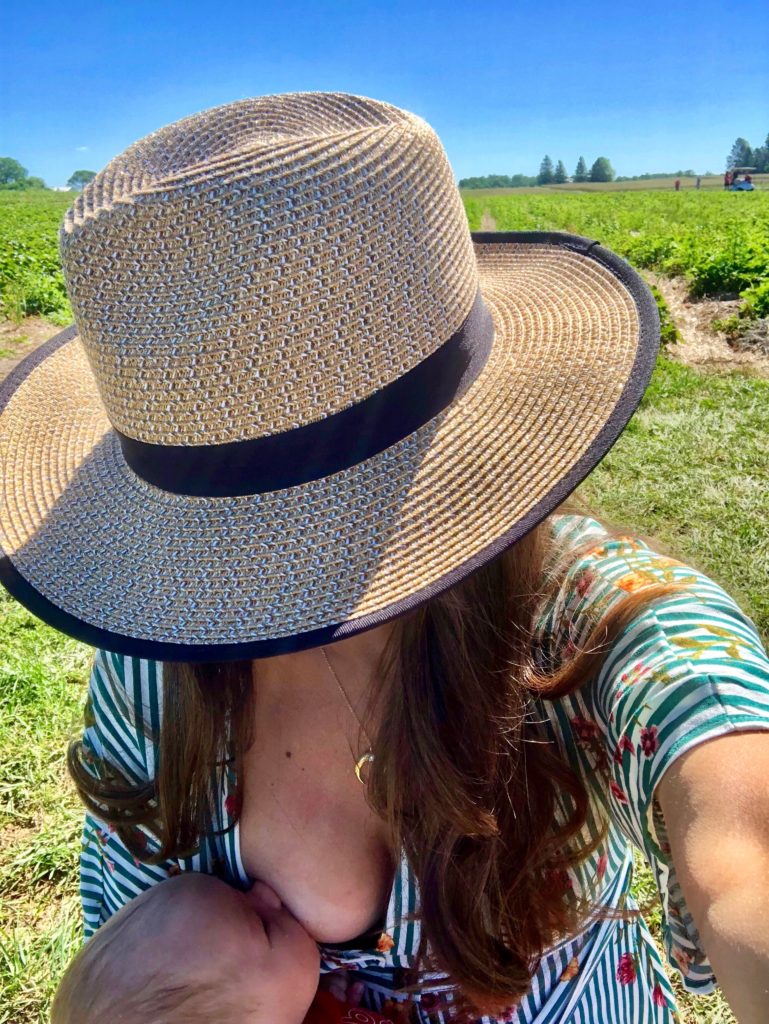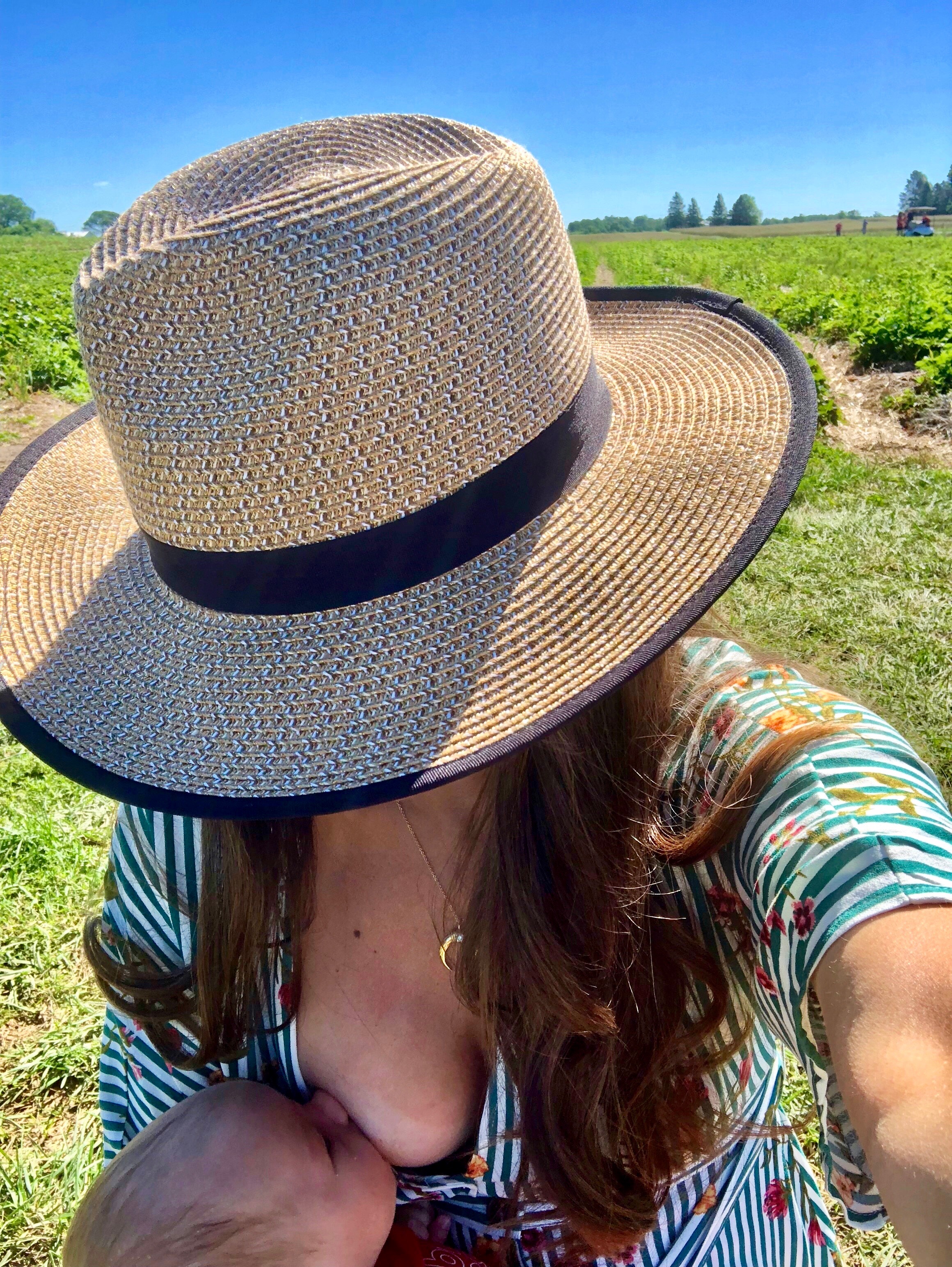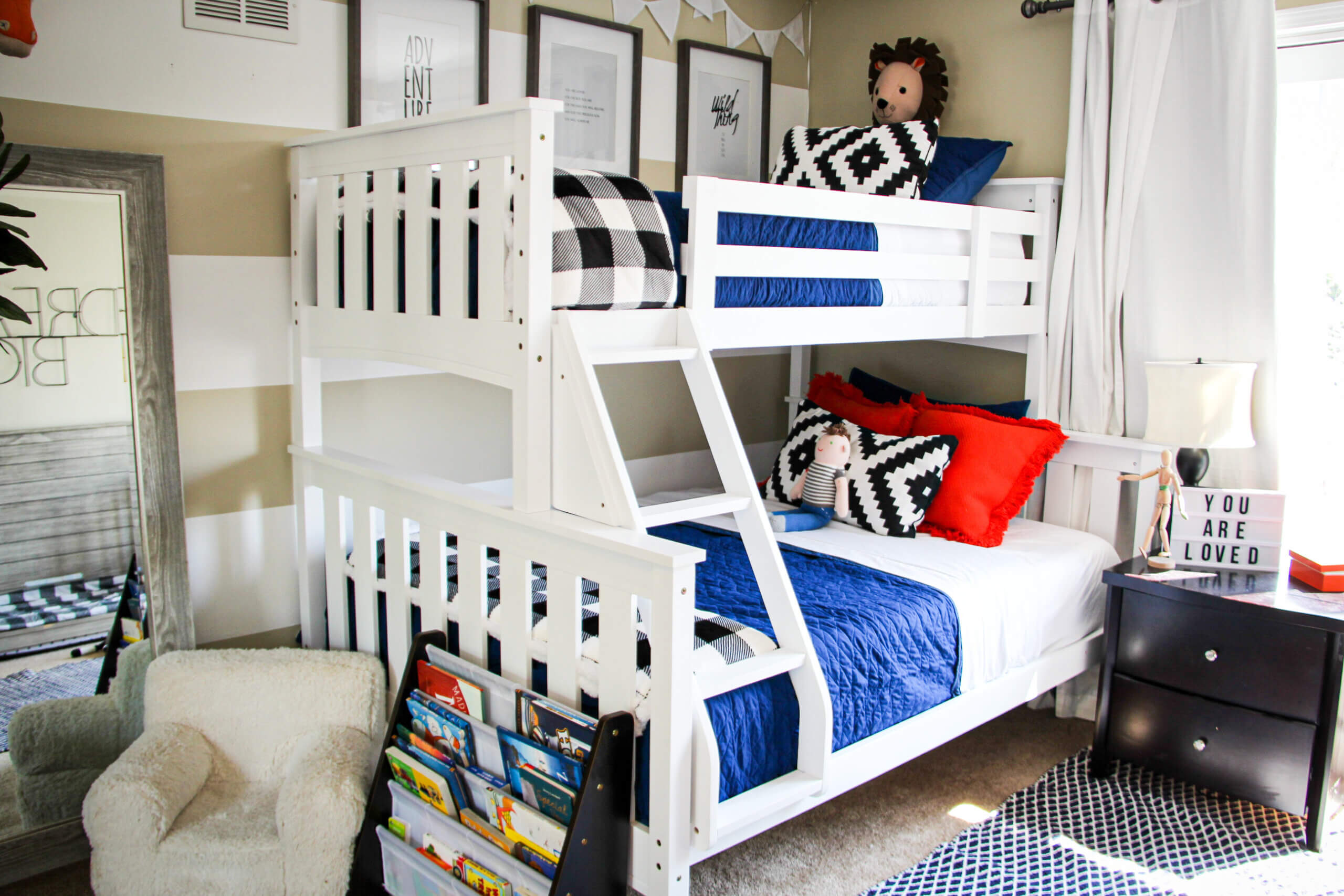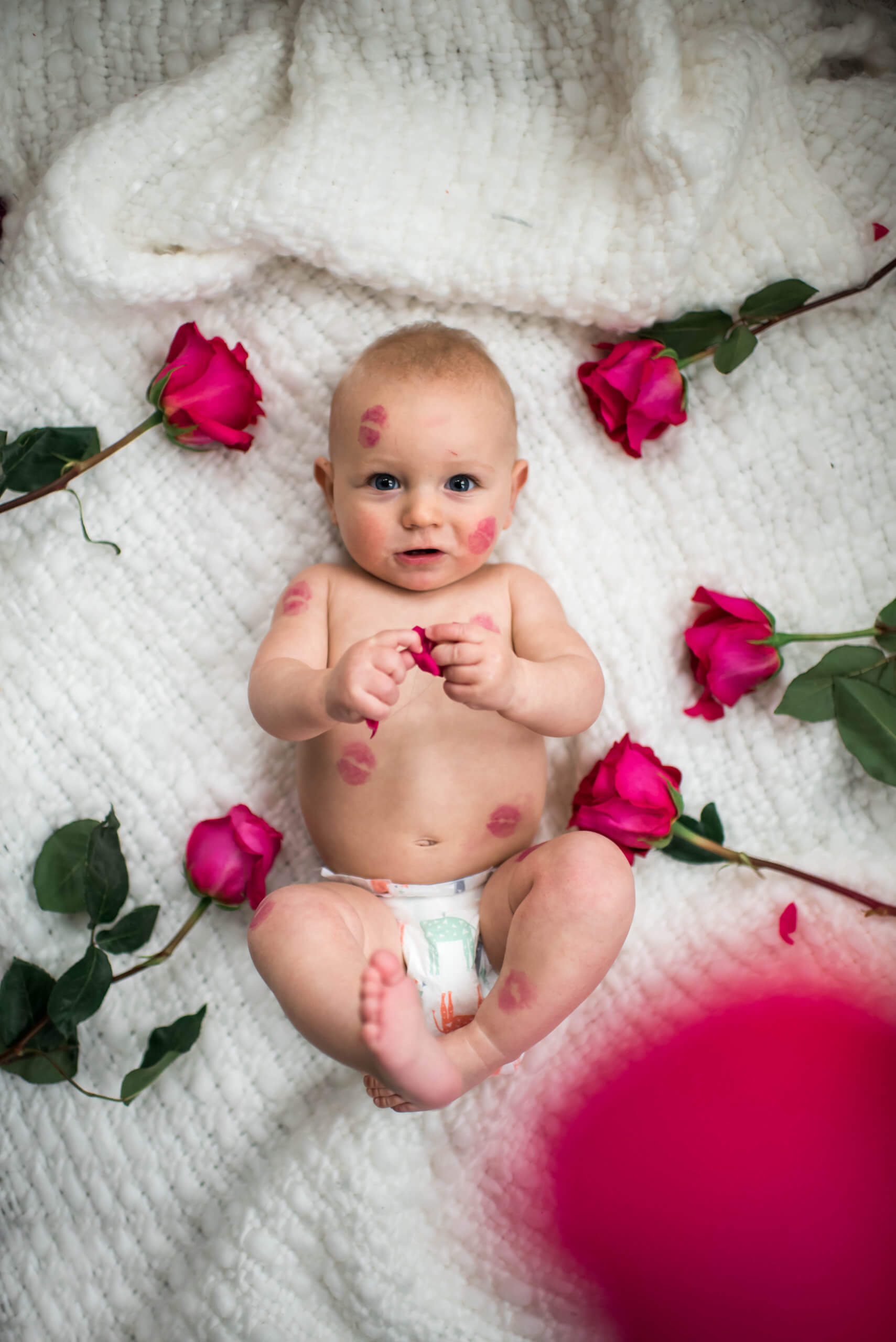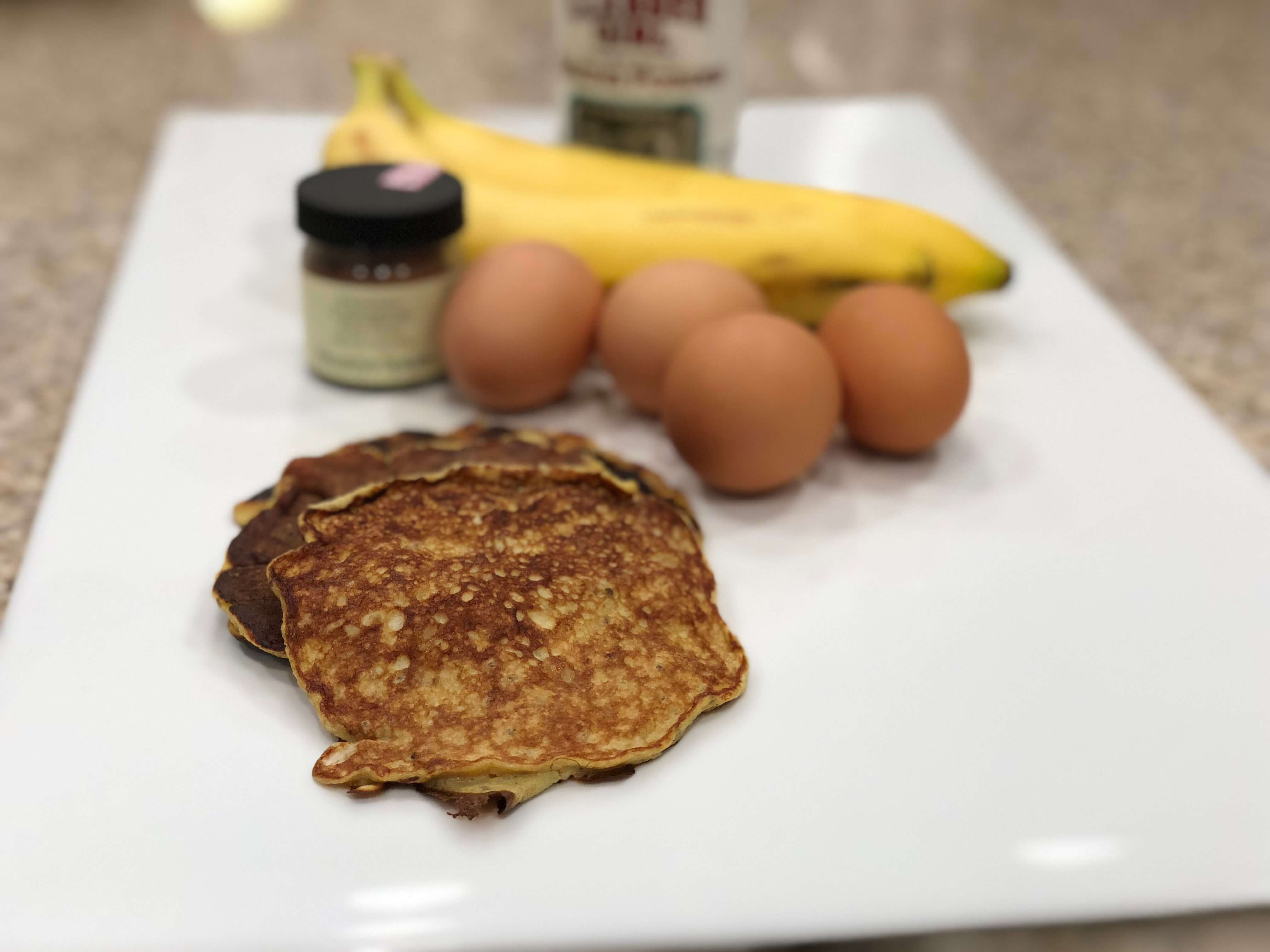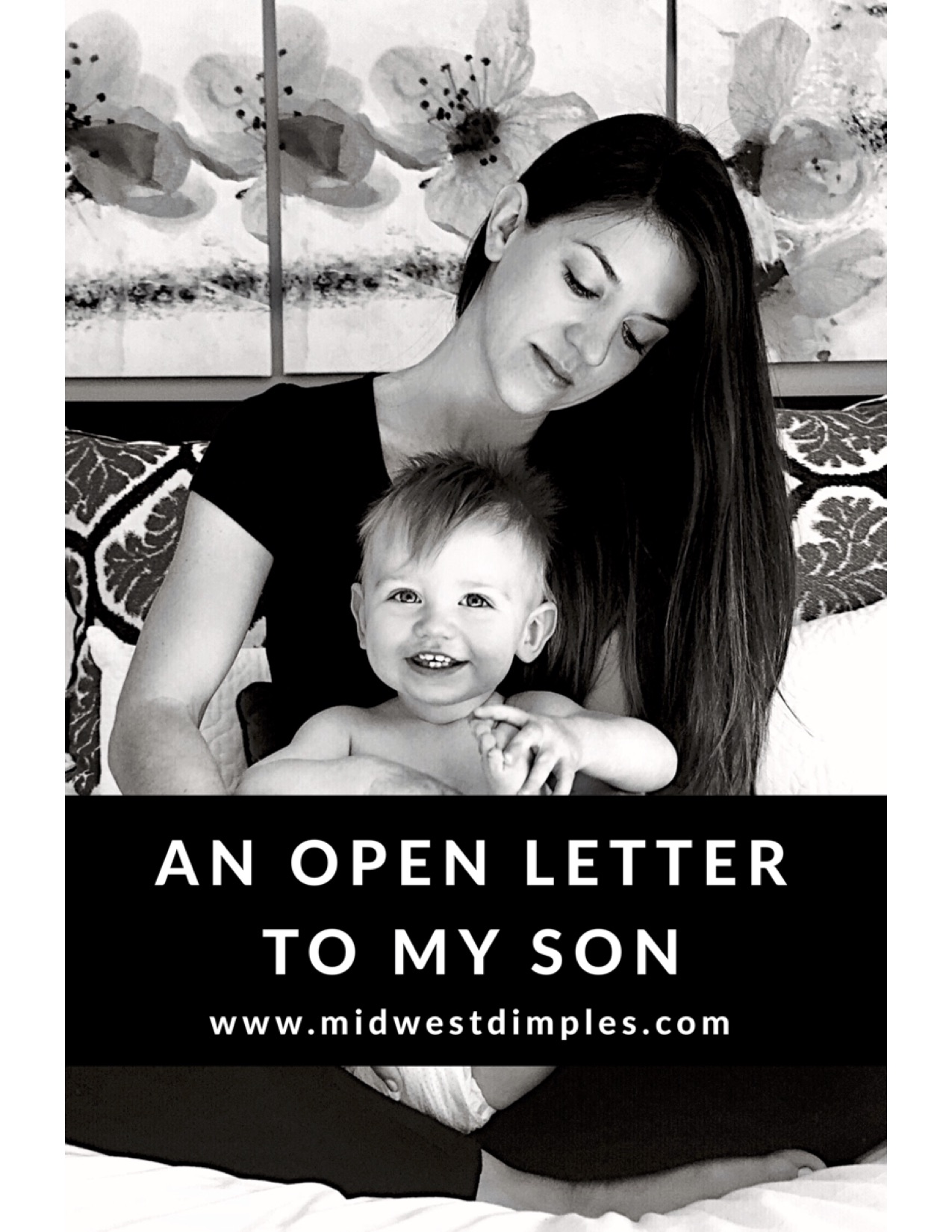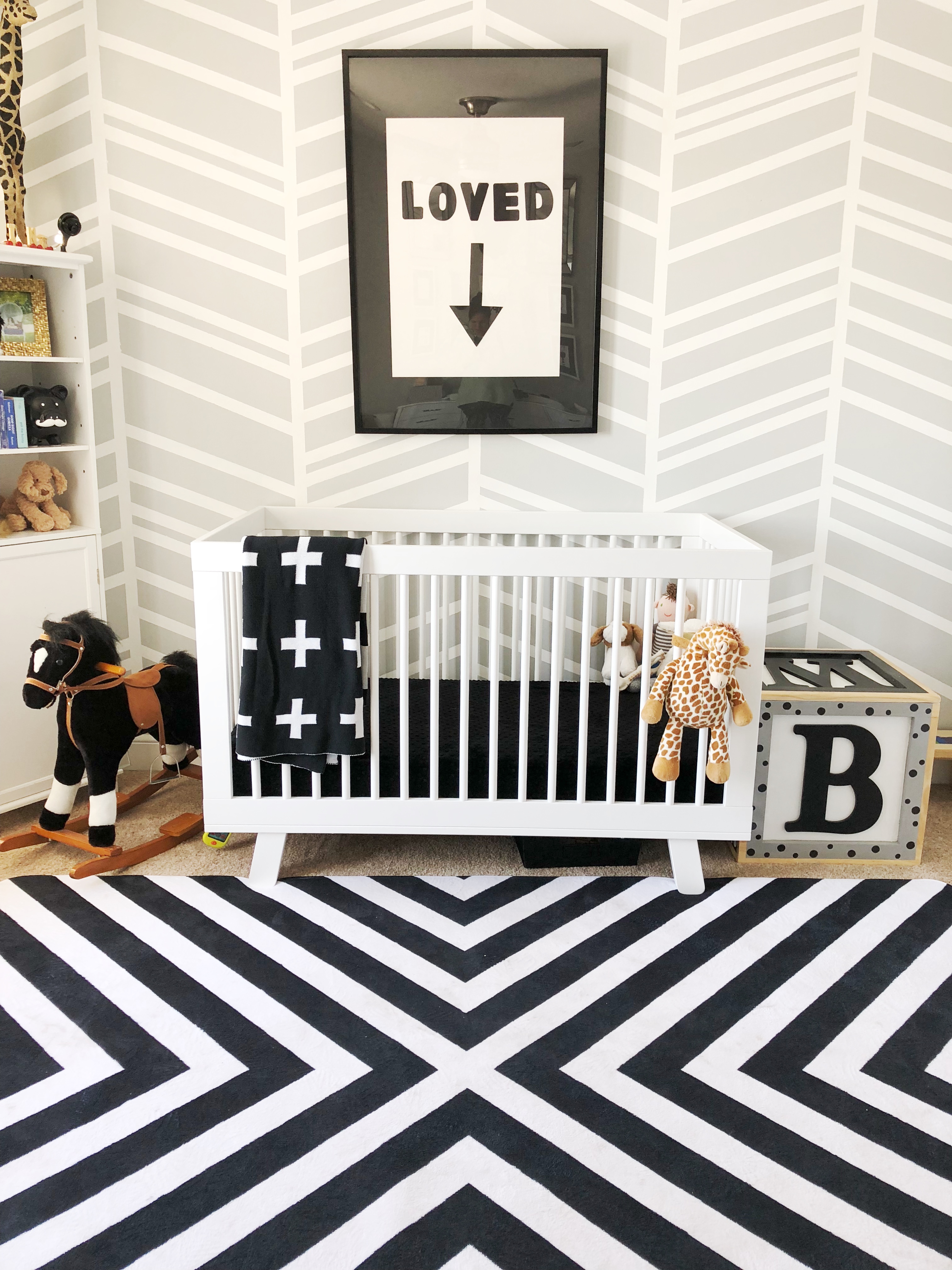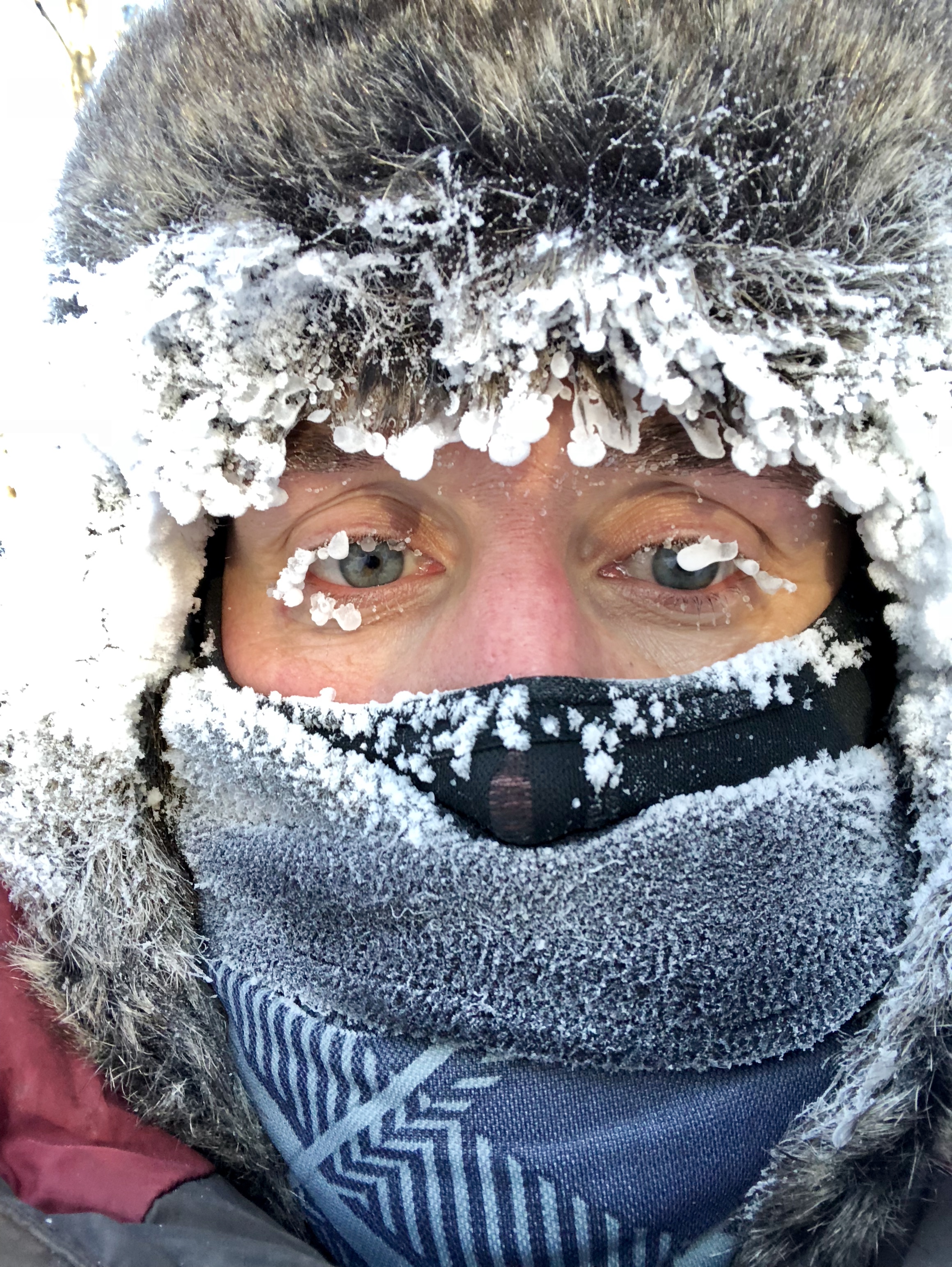There are so many variables to figure out why your baby won’t take a bottle. I’ve been there, done that, and sooooo happy to be passed it! Does your breastmilk ever have a funny smell to it? If so, keep reading, if not, be sure to check out my post on other ways to get your baby to take a bottle! Sometimes my breastmilk would smell different. Almost like it was spoiled but I knew it wasn’t because it was consistent in some of my other frozen breastmilk bags. After doing some research, this unpleasant smell is caused from “lipase” in the breast milk. This is normal and not harmful to the baby. Some mamas have a higher lipase activity and this could be a possible reason your breastfed baby is not taking a bottle.
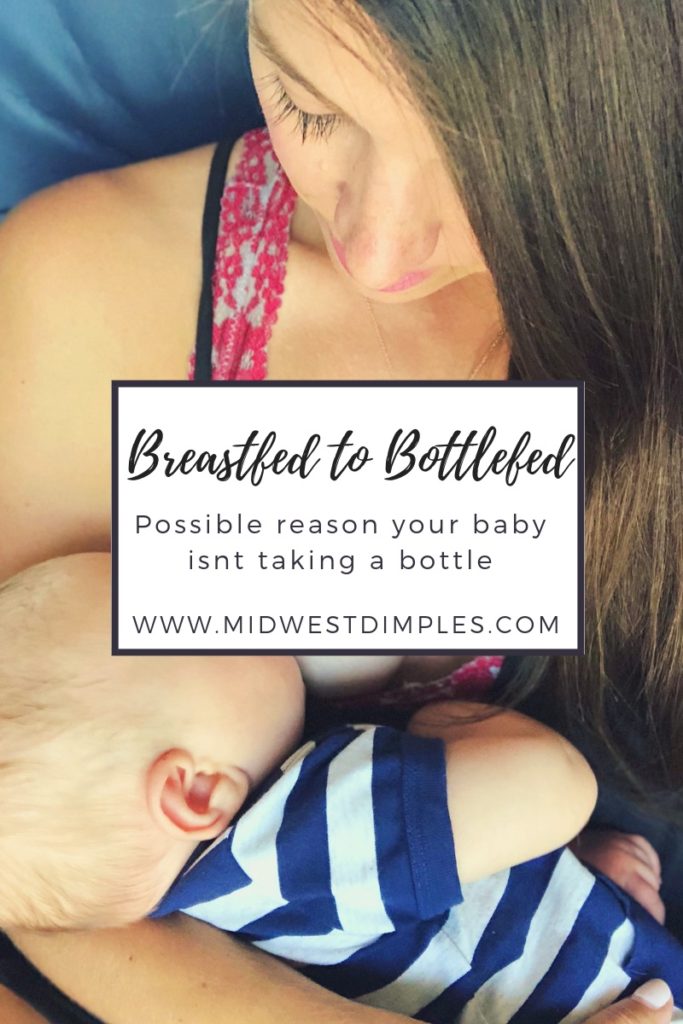
Lipase is an enzyme that is a beneficial component in breast milk. It helps emulsify fat, making breast milk easier for babies to digest. When lipase activity is high, the fat gets broken down too quickly, making milk taste and smell different. The change to the milk happens within a few hours of pumping, and sometimes takes a day or so. The enzyme stays active in cold temperatures, so freezing your milk immediately after pumping doesn’t help.
Some mamas are more susceptible to higher lipase activity than others. The difference in taste and smell may bother some babies and it might not. However, if your baby isn’t taking the bottle and you’ve noticed a funky smell, this could be the problem. When I was trying to get my baby used to the bottle, I used freshly pumped milk, to avoid any variables other than the bottle for baby to get used to it. My baby now takes the bottle with no problem and also takes all of my frozen milk!
If you think you are one of the mamas that produces higher lipase activity and do smell that unpleasant smell there is a way to avoid it. You can scald your expressed milk effectively, which deactivates lipase, preventing rapid breakdown of fat that leads to the smell. I’ve never had to do this but here is how to do it.
How to scald your breast milk:
- Put expressed milk in clean pot.
- Heat milk until approximately 180 F. Milk will have little bubbles appear around the edge of the pot. Do not let milk come to full boil, or you will risk destroying some of the good nutrients in the milk.
- Cool milk fully before refrigerating, freezing, or giving to you baby.
Hopefully you found this helpful, I’m a research junky so when my baby wasn’t taking a bottle I searched for anything and everything to figure out what the problem was!
